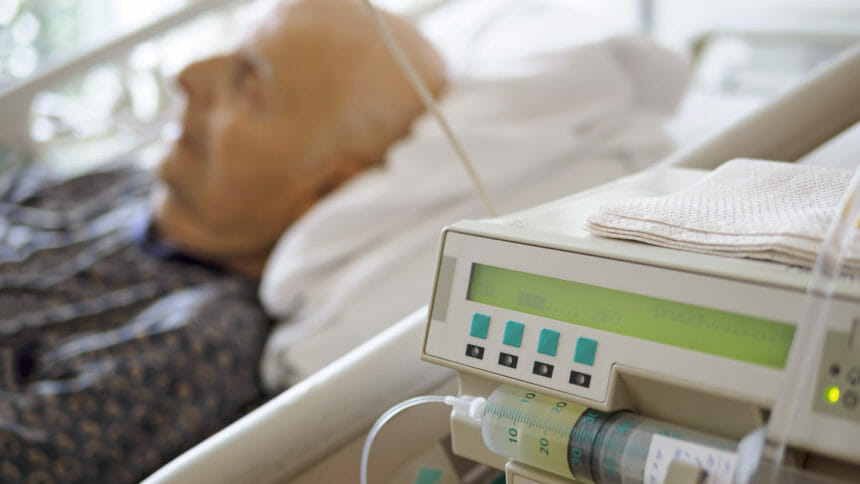
A new study revealed that relatives might not receive the support they need when a loved one undergoes in-home palliative care.
The research, published by Cambridge University Press and the National Institutes of Health, was conducted using data from 160 relatives of home palliative care patients in Sweden. These people were surveyed on how satisfied they were regarding health professionals’ communication and counseling before and after a patient’s death.
Almost a quarter of respondents indicated that they received inadequate support, such as counseling from healthcare professionals, about a patient’s death. The proportion of relatives feeling satisfied with doctors’ support improved slightly following a patient’s death, with only about 7% feeling unsatisfied and 12% feeling neither satisfied or unsatisfied.
The researchers also observed a disconnect between the proportion of family members that reported receiving support while a relative was in palliative care and the proportion of doctors that reported administering counseling.
“More relatives confirmed that they had not received counseling, while health professionals reported that they had. The health professionals reported that 92.5% of relatives involved in general (palliative care) at home had received counseling from a doctor about whether the patient was dying, while only 78.1% of the relatives reported that they had,” the study said. The difference, they said, may be due in part to family members not remembering that counseling took place, or that a doctor uninvolved with their relative’s care administered the counseling.
The specific relationship a family member had with a palliative care patient also affected how supported they felt by healthcare professionals. For the patient’s partner and children, 86% and 70%, respectively, were likely to be notified when the patient was dying, but only 55% of other relatives received such notification. However, with regard to counseling after the patient had died, spouses were the least likely to confirm receipt. While almost all children and other relatives of the patient reported being offered counseling, 88.5% of partners said they were.
Other recent research has shown palliative care can improve the quality of life and family satisfaction of patients. Sen. Jacky Rosen (D-NV) introduced the Provider Training in Palliative Care Act in June, citing the importance of end-of-life care for patients and family members.



